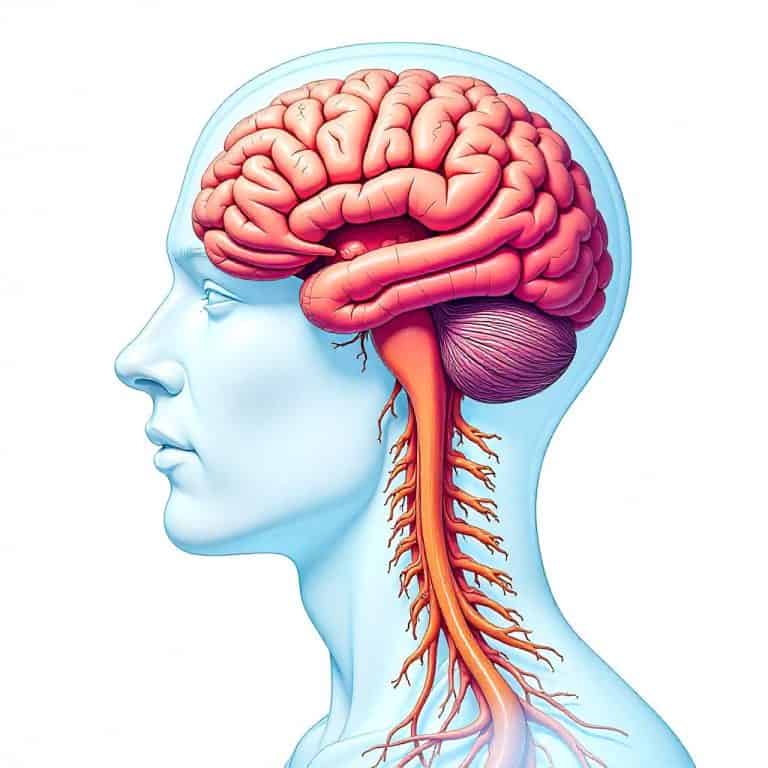Welcome to the Basic Nervous System quiz! In this game, you will test your knowledge on the important functions and parts of the nervous system. Are you ready to dive into the fascinating world of the brain and nerves?
The nervous system is like the control center of your body, sending messages back and forth to help you move, think, and feel. From the brain to the spinal cord to the nerves throughout your body, the nervous system plays a crucial role in keeping you alive and functioning.
So, get ready to challenge yourself and see how much you know about this incredible system!
Play Basic Nervous System Quiz
Instructions
- This quiz is multiple choice.
- Read each question carefully before selecting an answer.
- Choose the best answer for each question.
- You will see the missed questions with correct answers at the end of the quiz.
Quick Facts
- The foundation of the human body’s communication network involves a set of interconnected pathways.
- It plays a crucial role in transmitting signals between different parts of the body.
- Composed of the brain, spinal cord, and nerves, this network allows for quick responses to stimuli.
- It controls involuntary actions like breathing and heart rate, as well as voluntary movements like walking and talking.
- Damage to this intricate network can result in impairments in sensory perception and motor function.
- It is responsible for processing information from the environment and sending signals to the brain for interpretation.
- Neurons, the building blocks of this network, transmit electrical signals to communicate with each other.
- It is divided into two main branches: the central and peripheral branches.
- The central branch includes the brain and spinal cord, while the peripheral branch consists of nerves that connect to the rest of the body.
- Overall, this network is essential for maintaining homeostasis and enabling humans to interact with their surroundings.
Downloads
Study Tips
- Create a study schedule and stick to it.
- Find a quiet and comfortable study environment.
- Remove distractions such as phones and social media.
- Take breaks every 25-30 minutes to avoid burnout.
- Use active studying techniques like summarizing, highlighting, and teaching concepts to someone else.
- Practice retrieval by testing yourself with flashcards or practice quizzes.
- Stay organized with notes, study guides, and resources.
- Stay hydrated and eat brain-boosting foods like fruits, nuts, and whole grains.
- Get enough sleep to improve memory retention and cognitive function.
- Reward yourself for reaching study goals to stay motivated.
